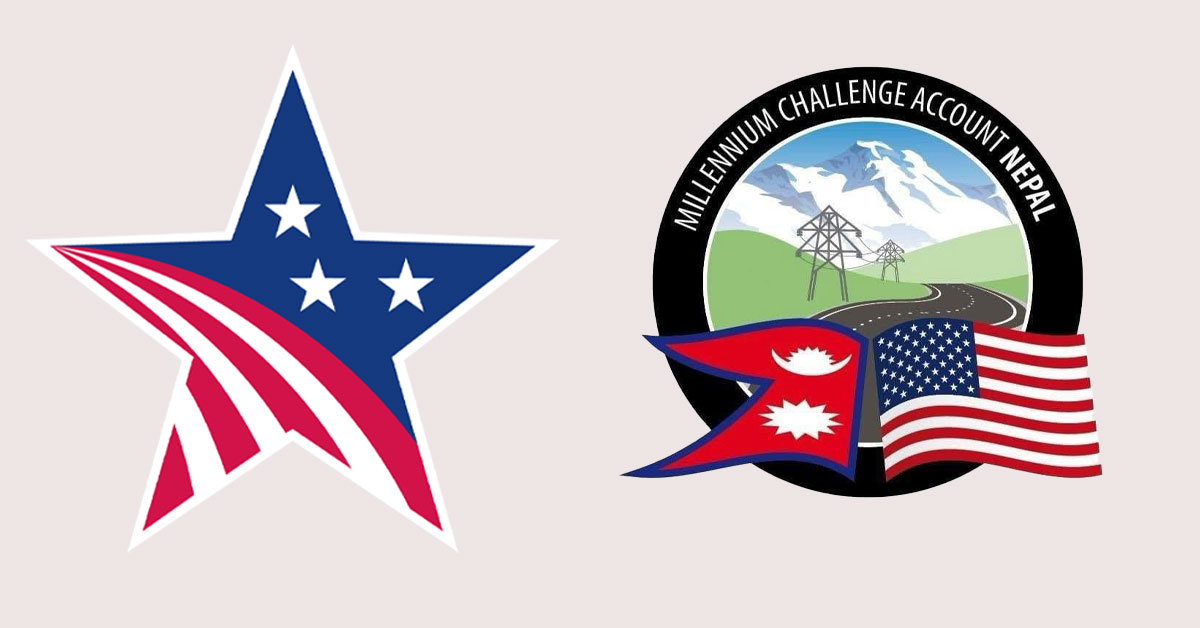Kathmandu, Nepal. Removing all uncertainty about the future of the MCC (Millennium Challenge Corporation) program in Nepal, the U.S. government has officially allowed to continue the project without any interruption.
Following the US government’s decision, the U.S. Embassy in Kathmandu has sent a formal letter to the
Government of Nepal, confirming that the MCC program could go ahead as planned.
In February 2025, the Secretary of State approved a specific exception to the 90-day pause on U.S. foreign assistance for the MCC Nepal Compact, while the U.S. government review on U.S. foreign assistance continues. Under this exception, the MCC Nepal Compact is authorized to continue implementation. MCC and the U.S. Mission in Nepal continue to engage stakeholders in support of a constructive outcome of the review, reads the press statement issues by the US embassy in Kathmandu.
“MCC is working closely with the Ministry of Finance and MCA-Nepal to ensure that the activities undertaken or initiated under the compact, including potential new obligations, are aligned with U.S. and Government of Nepal priorities and ensure transparency, sound governance, effective delivery, and prudent risk management,” the embassy has stated adding as “the United States remains committed to its bilateral relationship with Nepal and supporting the Nepali people through efforts that promote prosperity and long-term economic resilience.”
As the U.S. government had paused foreign aid for 90 days in February 2025, the MCC-Nepal had also affected for a limited period.
MCA-Nepal, is run with $500 million grant support from the U.S. As per the agreement, the Government of Nepal is also spending $197 million for the project.
The MCC-Nepal has already initiated process to build 297 kilometers of electricity transmission lines, repair roads, and construct major substations in Butwal, Ratamate, and Damauli. A kilometer meter cross-border transmission line from Butwal to Gorakhpur is also under construction under the project.
The MCC Compact was signed in 2017 and officially started in August 2023 after House of Representatives officially endorsed the decision to implement the project in Nepal.
As per the understanding, all the projects are expected to be completed within five years, by 2028.
